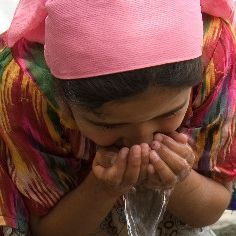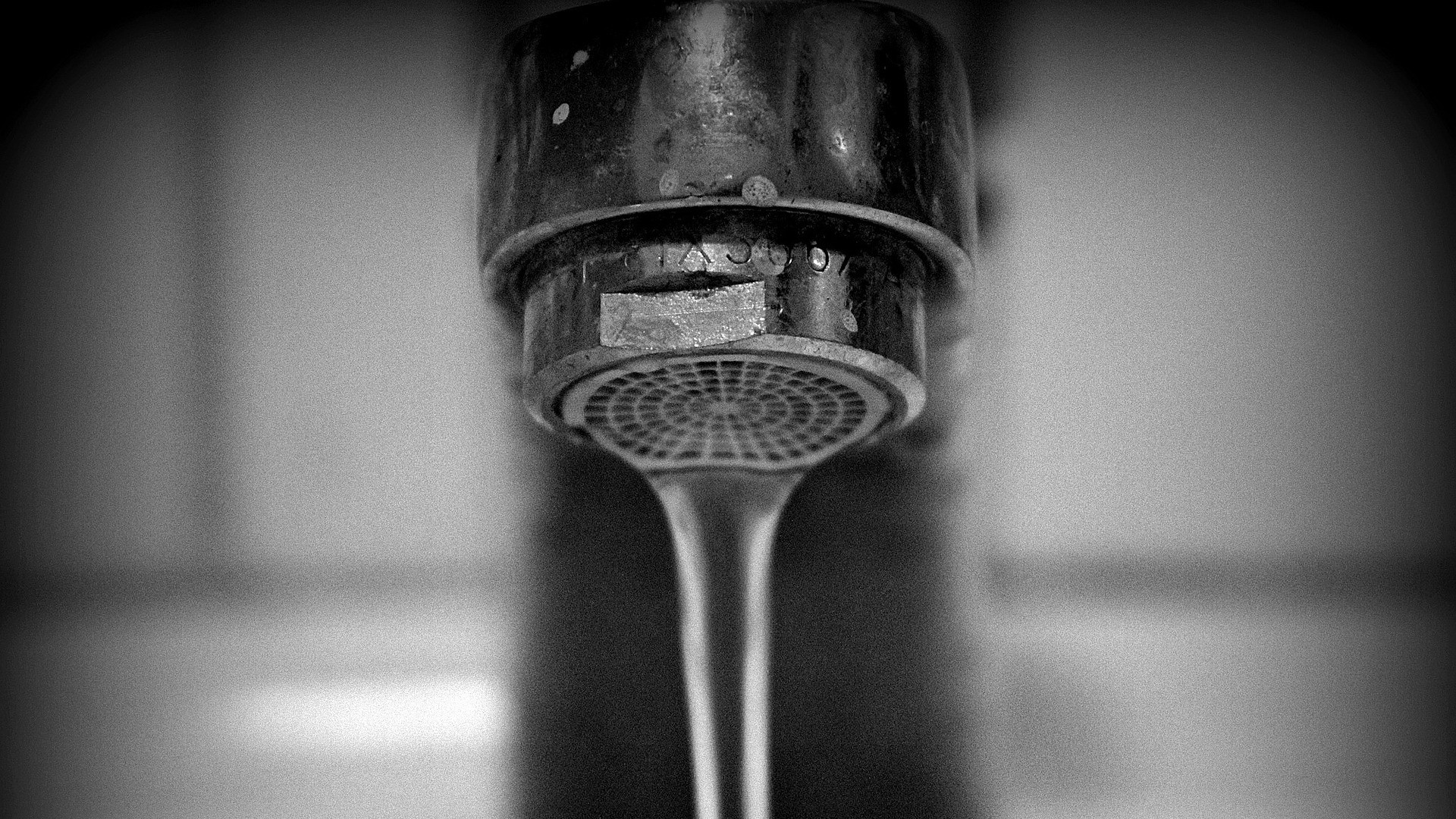

Water, Sanitation and Hygiene
Swiss TPH works on aspects of water, sanitation and hygiene (WASH) in countries where drinking water is scarce and where poor hygiene is a leading cause of infectious disease. WASH plays a major role in integrated approaches to fight helminth infections in Africa and Asia. Moreover, experts improve sanitation facilities in health centres or schools, teach pupils or household members in questions related to food and kitchen hygiene or assess people’s health risks arising from contaminated water bodies.
Key Projects

Legionnaires’ Disease in Switzerland
Legionnaires’ disease (LD) is a severe form of pneumonia. n the past 7 years, the number of reported cases has more than doubled, reaching an annual incidence of 7.8 cases per 100'000 population in 2021. Identifying the main drivers of infection will be crucial to facilitate targeted prevention and control efforts. Swiss TPH is conducting the first national study on LD in Switzerland, investigating host, behavioural and environmental risk factors for community-acquired LD. and the prevalence and virulence of different Legionella strains detected across Switzerland. Read more about the SwissLegio study

Hand Hygiene, Water Quality and Sanitation in Primary Health Care Facilities and Schools
Current technologies and approaches to improve water, sanitation and hygiene are fragmented. Hands4health focuses on the development, testing, evaluation and scaling up of new water efficient hand washing technologies as well as on a holistic approach to hand hygiene, water quality and sanitation. To leave no one behind, the project works in primary health care facilities and schools not connected to a functional water supply system in in four target countries and beyond. Read more

From Safe Drinking Water to Better Health
MSABI (maji safi kwa Afya Bora Ifakara!) is an NGO based in Ifakara in Tanzania. It develops and maintains water pumps and provides hygiene awareness programmes for villagers in the Morogoro region. It was awarded the “International ReSource Award for Resilience in Water Management 2016”. Swiss TPH is one of the strategic partners of MSABI and acts as scientific and public health advisor. The institute also supports MSABI in measuring the health impact of its intervention programmes in the areas of water, sanitation and hygiene.

Towards Bilharzia Elimination in Zanzibar and Pemba
Swiss TPH supports the government of Zanzibar to eliminate bilharzia in Zanzibar and Pemba islands. During a five-year study, experts diagnose and treat schoolchildren in 45 communities. They reduce the snail population acting as intermediate hosts and regularly assess changes in water and sanitation infrastructure. The study is likely to offer new insights into what has to be done to ultimately eliminate bilharzia disease apart from preventive chemotherapy only.

Latrines Protect the Rural Population in Lao PDR
Large parts of the rural population in Lao PDR suffer from chronic helminth diseases caused by a lack of sanitary facilities. People swim and wash themselves in stagnant water and fall victim to schistosomes the parasites causing bilharzia. Together with Laotian researchers, Swiss TPH showed that latrine building drastically reduces the infection with schistosomes.
Swiss TPH Meeting the Sustainable Development Goals
Selected Projects
All ProjectsBolt H.L et al. Bioactive peptoids against vector-borne parasitic diseases. Bioorg Med Chem Lett. 2026;131:130457. DOI: 10.1016/j.bmcl.2025.130457
Hamelin B et al. Unbiased DNA pathogen detection in tissues: real-world experience with metagenomic sequencing in pathology. Lab Invest. 2026;106(1):104254. DOI: 10.1016/j.labinv.2025.104254
Kidanu A et al. Brucellosis prevention and control in small ruminants using a test and slaughter strategy in the pastoral Afar Region of Ethiopia: A pilot study. Prev Vet Med. 2026;247:106751. DOI: 10.1016/j.prevetmed.2025.106751
Perry R.C et al. Longitudinal associations between SES and EF during adolescence: evidence from the SCAMP study. Learn Individ Differ. 2026;125:102822. DOI: 10.1016/j.lindif.2025.102822
Richter J, Kling K, Hatz C, Neumayr A. Ultrasonographic findings in Schistosoma mekongi infection. A minireview. Parasitol Int. 2026;110:103138. DOI: 10.1016/j.parint.2025.103138
Salmon C et al. Traffic-related air pollution and childhood acute leukemia in France: GEOCAP nationwide case-control study. Environ Res. 2026;288(Pt 2):123303. DOI: 10.1016/j.envres.2025.123303
Viglietti P.G et al. Postnatal pesticide exposure and executive function in children and adolescents: findings from South Africa. Environ Res. 2026;289:123310. DOI: 10.1016/j.envres.2025.123310
Williams H et al. Expert perspectives on exposure-response functions for urban health policy: lessons from a UBDPolicy workshop. Environ Res. 2026;288(Pt 1):123150. DOI: 10.1016/j.envres.2025.123150
Abate D et al. Cryptosporidium infection and associated factors among diarrheic children under five years of age in Eastern Ethiopia. PLoS Negl Trop Dis. 2025;19(8):e0013386. DOI: 10.1371/journal.pntd.0013386
Abate D et al. Genetic diversity of Cryptosporidium isolates from young children and livestock in eastern Ethiopia. Curr Res Parasitol Vector Borne Dis. 2025;8:100278. DOI: 10.1016/j.crpvbd.2025.100278